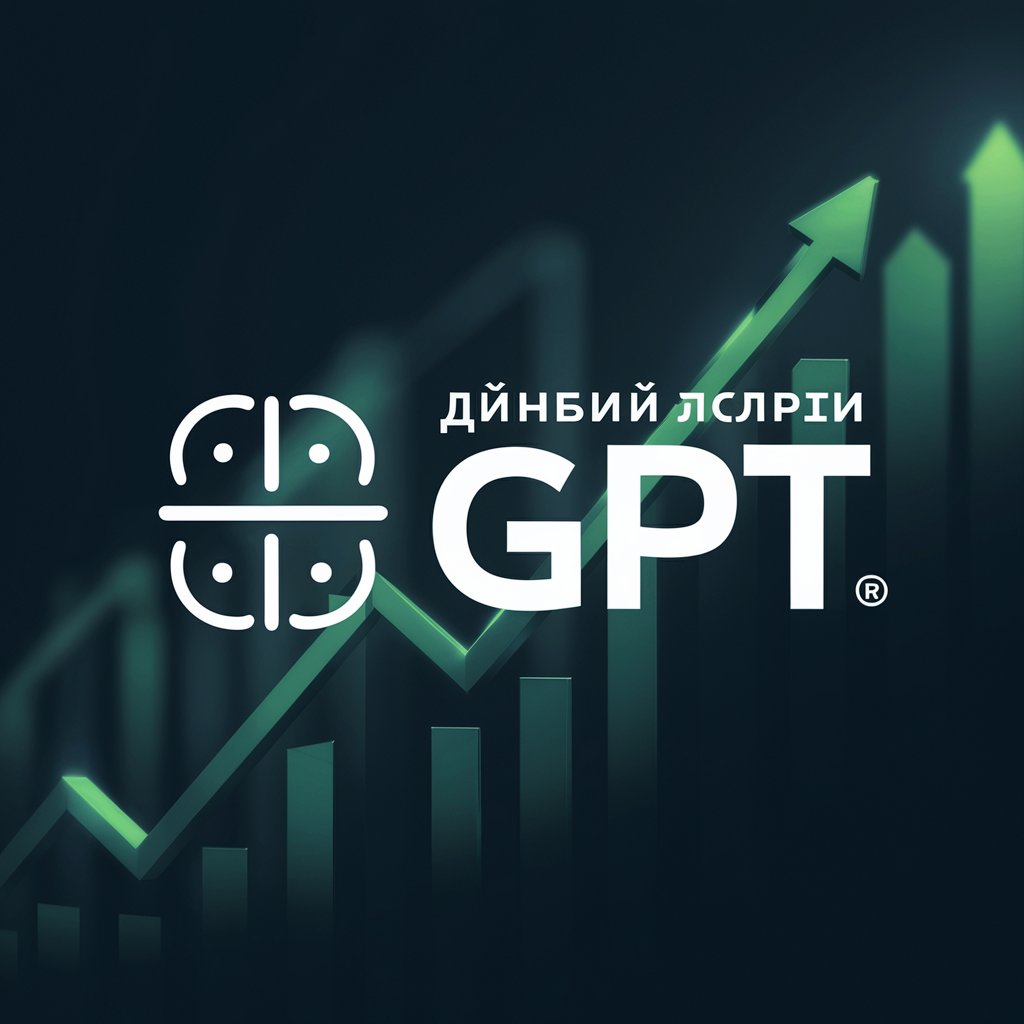14 GPTs for Life Philosophy Powered by AI for Free of 2026
AI GPTs for Life Philosophy are advanced artificial intelligence tools designed to explore, interpret, and provide insights into the vast domain of life philosophy. Leveraging the power of Generative Pre-trained Transformers, these tools offer personalized advice, philosophical insights, and reflective guidance. They are tailored to handle queries and tasks related to existential questions, ethical dilemmas, personal growth, and more, making philosophy more accessible and applicable to everyday life. Their relevance lies in their ability to distill complex philosophical concepts into understandable and actionable advice, facilitating a deeper understanding of life's big questions.
Top 10 GPTs for Life Philosophy are: Wisdom of Zhuangzi - 莊子,Munger Mind,스댕의 멘탈갑 투자노트 GPTs,Sadhguru,Uncle Paul GPT,GrahamGPT,女性心灵世界,Charlie Munger Wisdom,数字孟岩,稲盛和夫 AI 塾
Wisdom of Zhuangzi - 莊子
Unveiling Ancient Wisdom for Modern Minds

Munger Mind
AI-powered Munger Wisdom at Your Fingertips

스댕의 멘탈갑 투자노트 GPTs
Empowering Decisions with AI-Driven Wisdom

Sadhguru
Empowering your spiritual journey with AI

Uncle Paul GPT
Unlocking Startups & Tech Wisdom

GrahamGPT
Harnessing AI to Channel Startup Wisdom

女性心灵世界
Empowering Women with AI-Powered Insights

Charlie Munger Wisdom
Navigating life with Munger's wisdom

数字孟岩
Empowering financial wisdom with AI-powered insights.

稲盛和夫 AI 塾
Empower your potential with AI mentorship

Wisdom Witch Extractor
Unlock Wisdom with AI-Powered Analysis

Uncle Iroh
Infusing AI with Herbal Wisdom and Life Reflections.

SovereignFool: LegacyLoomer
Craft Your Legacy with AI Wisdom

查理芒格
AI-powered Munger Wisdom at Your Fingertips

Key Attributes of Life Philosophy AI
Life Philosophy AI GPTs boast several unique features including natural language understanding, contextual conversation capabilities, and ethical reasoning. These tools can adapt from providing simple philosophical quotes to engaging in deep, meaningful discussions about life's purpose. Special features include language learning for understanding philosophical texts in various languages, technical support for philosophical research, web searching for sourcing philosophical materials, image creation to visualize concepts, and data analysis to understand trends in philosophical inquiries.
Who Benefits from Life Philosophy AI?
The primary users of AI GPTs for Life Philosophy include individuals seeking personal growth, educators in philosophy, mental health professionals, and developers creating applications in the wellness and self-help sectors. These tools are accessible to those without any coding skills, offering an intuitive interface for personal exploration, while also providing advanced customization options for developers and professionals looking to integrate these AI capabilities into their own tools or services.
Try Our other AI GPTs tools for Free
Intimacy Guidance
Explore AI GPTs for Intimacy Guidance: Tailored AI tools providing sensitive, personalized advice on intimacy, accessible to all.
Art Customization
Discover AI-powered GPT tools for Art Customization, designed to enhance creativity and efficiency in art creation. Perfect for artists, designers, and novices seeking personalized art solutions.
Room Aesthetics
Discover how AI GPTs for Room Aesthetics revolutionize interior design, offering personalized, innovative solutions for professionals and enthusiasts alike. Transform your space with AI.
Artwork Preview
Explore AI GPTs for Artwork Preview: transformative tools designed to innovate the way artists and designers conceptualize, visualize, and refine art, making creativity more accessible and customizable.
Design Consultation
Explore AI GPTs for Design Consultation: your AI-powered partner in creativity and design innovation. Tailored advice, dynamic solutions.
Puzzle Games
Discover how AI GPTs are revolutionizing Puzzle Games with advanced, customizable tools for creating, solving, and analyzing engaging puzzles.
Expanding Horizons with AI in Philosophy
Life Philosophy AI GPTs represent a significant advancement in making philosophy accessible to a broader audience. Their user-friendly interfaces and integration capabilities with existing systems underscore a shift towards interactive, personalized philosophical exploration. These tools not only democratize access to philosophical thought but also encourage a more engaged and reflective approach to understanding life's complexities.
Frequently Asked Questions
What exactly are AI GPTs for Life Philosophy?
AI GPTs for Life Philosophy are specialized AI tools designed to analyze, understand, and engage with philosophical content, providing users with insights and advice based on a wide range of philosophical schools of thought.
How can these AI tools assist in personal growth?
These AI tools offer personalized philosophical advice and insights, helping individuals to reflect on their life choices, understand their personal values, and navigate complex emotional landscapes.
Can AI GPTs understand and discuss all philosophical theories?
While AI GPTs are designed to cover a broad spectrum of philosophical theories, their comprehension and discussion capabilities may vary based on the specific model's training data and updates.
Are there customization options for developers?
Yes, developers can access APIs and programming interfaces to tailor the AI's functionality, integrate it into existing platforms, or develop new applications focused on life philosophy.
Is it suitable for academic or professional research in philosophy?
Yes, these AI tools can support research by providing quick access to philosophical texts, interpretations, and comparative analysis, though human oversight is recommended for complex academic work.
How do these tools handle ethical considerations?
AI GPTs for Life Philosophy are programmed with ethical guidelines to ensure respectful and unbiased responses, but users are encouraged to critically assess the advice given.
Can non-English speakers use these AI tools effectively?
Many AI GPTs offer multilingual support, enabling users to explore life philosophy in various languages, though availability may vary by tool.
What makes AI GPTs different from traditional philosophical resources?
Unlike static resources, AI GPTs offer interactive, personalized engagement with philosophical content, adapting responses to individual queries and facilitating a dynamic exploration of philosophy.